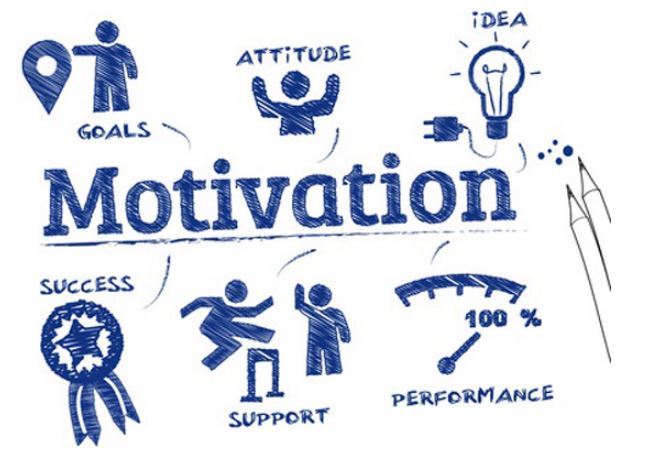What Are The Challenges Of Employee Motivation and its Impact Organisational Performance? A Study of Standard Chartered Bank (2014)
Challenges Of Employee Motivation and its Impact Organisational Performance Dissertation– There are number of debates which have made by many researchers in order to help identify the necessity of employee motivation in the workplace. Academics have presented contrasting opinions and gave credence in favor of their points of view, motivation is the force which drives the behaviors of the individuals and it also determines the employee attitude and behavior within the organization. Motivated employees within the organization perform entirely in a different manner than those employees which are not motivated or demotivated.
Academics believe that the employees which are motivated devote their efforts in order to achieve the organizational goals and their professional objectives. However, there are still numbers of researches which seeks to determine that what motivates the individuals and what drives their behavior. There is not even a single research which has presented a formula which can motivate all types of people. What motivates one individual might not be important for the other individual. According to many academics, motivation is a mental phenomenon which drives people to achieve and gain something which is important for them.
However, what is important for individuals differ greatly from one person to another. Academics believe that motivation of people is important in all walks of life, however, the majority of the literature on motivation has been written in the organizational context and if focuses on enhancing the motivational level of team members working within the organization. The factors which can affect the motivation of the employees are of particular interest for the scholars.
Academics define ways which can help to motivate people working within the organization. It includes financial and non-financial incentives, achievement of the personal and organizational goals and fear of losing their current status. The fear of losing the status motivates people who have worked hard in order to achieve something, therefore, their current status motivates them to perform better and maintain their status. Employee motivation is one of the most serious concerns for all the organizations operating in the modern business world.
An important challenge which firms are facing nowadays is to ensure staff workers motivation and the objective of many business leaders is to achieve greater business profitability through motivated team members. The researcher has selected this topic because the challenges which organizations are facing in order to make employees happy and motivated are of great importance. The understanding of these challenges is crucial because without developing proper understanding, effective strategies cannot be formulated essential to enhance the motivation of the staff workers.
Research Objectives
- To identify the impact of employee motivation on the business outcomes
- To assess the challenges which managers are facing in order to ensure employee motivation?
- To evaluate the strategic importance of keeping employees motivated and its impact on the organizational profitability
Research Questions
- What is the importance of employee motivation for the modern business world organizations?
- What are the challenges which managers are facing nowadays regarding employee motivation?
- How low motivation level of the employees can cause harm to the organizational objectives?
- 15,000 words – 60 pages in length
- Excellent use of literature
- Good analysis of subject area
- Well written throughout
- Includes questionnaire
- Ideal for HRM students
1: Introduction
Study Background
Company Background
Research Objectives
Research Questions
Dissertation Rationale
Summary and Conclusion
2: Literature Review
Understanding Employee Needs
Motivation Strategies
Theories of Motivation
Employee Engagement and Motivation
Ways to Motivate Staff
3: Research Methodology
Research Process
Research Approach
Data Collection Methods
Questionnaire Survey
Interviews
Research Limitations
Ethical Considerations
4: Research Findings and Analysis
Survey Analysis
Interview Analysis
5: Final Conclusion
Recommendations
References
Appendix
Survey Questionnaire
Interview Questions

